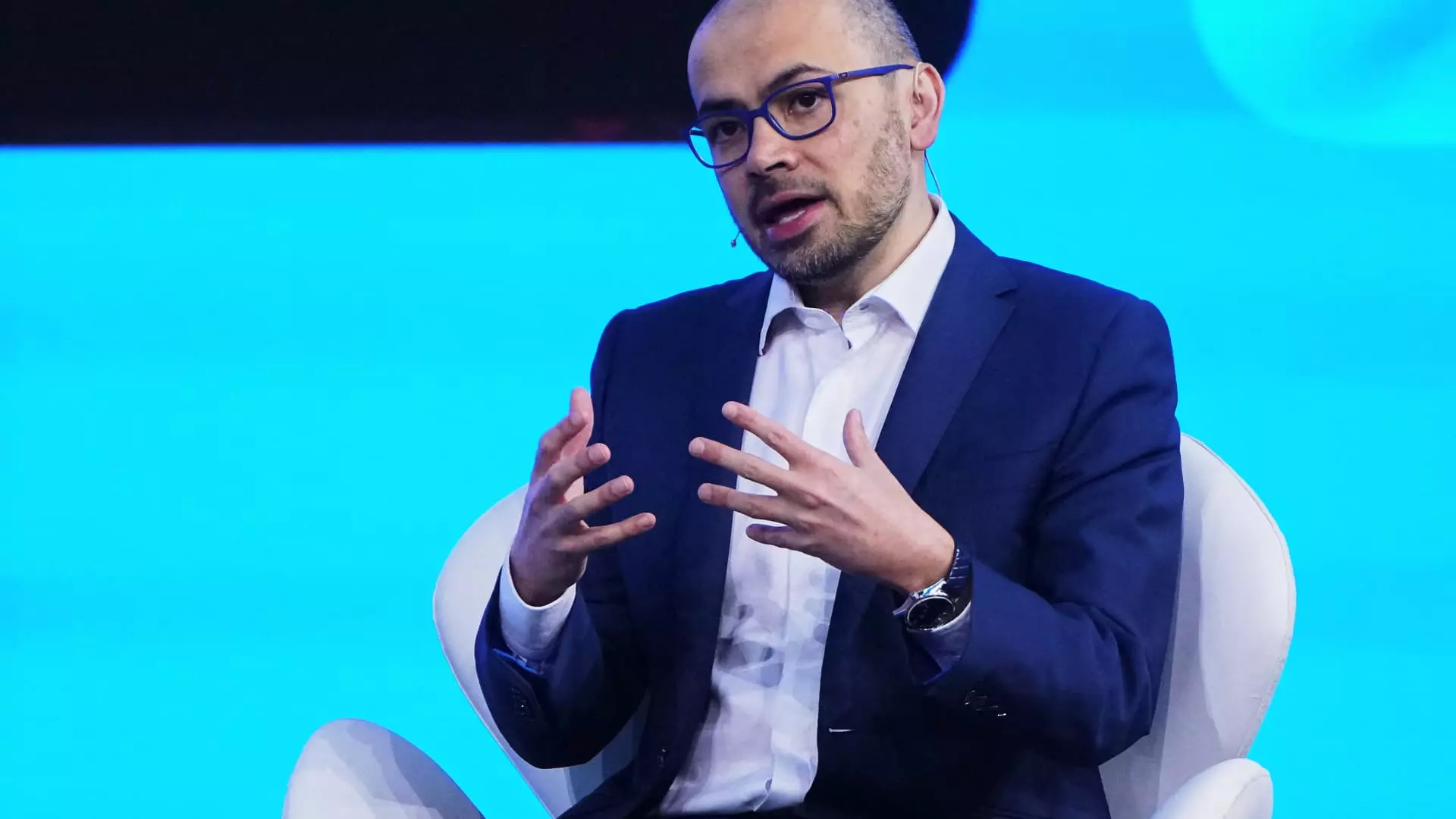The annual Bilderberg Meeting is set to kick off in Madrid, Spain, with an elite list of participants from the business and political worlds. Among the attendees are the CEOs of artificial intelligence heavyweights such as Google DeepMind, Microsoft AI, Anthropic, and Mistral AI. This exclusive gathering will also include business executives like Citigroup CEO Jane Fraser, former Google CEO Eric Schmidt, Pfizer CEO Albert Bourla, Shell CEO Wael Sawan, and investor Peter Thiel. Alongside these prominent figures, political leaders such as U.S. Deputy Treasury Secretary Wally Adeyemo, Ukrainian Foreign Minister Dmytro Kuleba, and NATO Secretary General Jens Stoltenberg will converge for discussions on a wide range of topics.
The Bilderberg Meeting is known for its secretive nature, with closed-door talks held under the Chatham House rules to ensure confidentiality. Despite organizers claiming that the event fosters “informal discussions about major issues,” the level of secrecy surrounding the meeting has fueled conspiracy theories. Similar to high-profile gatherings like the World Economic Forum in Davos, critics have accused Bilderberg attendees of exerting undue influence on society. The clandestine nature of the event has raised suspicions about the true intentions and impact of these discussions.
The 70th annual Bilderberg Meeting will delve into pressing international issues, with topics ranging from the state of artificial intelligence and AI safety to the changing faces of biology, climate change, and the future of warfare. Geopolitical discussions on Europe’s economic challenges, U.S. economic challenges, the political landscape in the U.S., as well as global issues like Ukraine, the Middle East, China, and Russia will also feature prominently. Against the backdrop of rapid advancements in AI, escalating conflicts in various regions, and growing tensions between global powers, the agenda reflects the complex and interconnected challenges facing the world today.
Established in 1954, the Bilderberg Meeting aims to facilitate dialogue between Europe and North America, with a focus on fostering understanding and collaboration among leaders from different fields. While the event has evolved over the years, maintaining its commitment to discretion and individual participation remains a core principle. Participants attend as individuals rather than in an official capacity, enabling open and candid discussions without the constraints of formal positions or policies. The Bilderberg Meeting is organized by the Foundation Bilderberg Meeting, governed by a rotating steering committee, and funded through various means to ensure its continuity.
As the 70th annual Bilderberg Meeting gets underway in Madrid, it raises important questions about the role of elite gatherings in shaping global agendas and policies. The convergence of influential figures from the worlds of business, politics, and academia underscores the significance of dialogue and collaboration in addressing complex challenges. While the secrecy surrounding the event may fuel speculation and mistrust, the opportunity for candid exchanges and diverse perspectives can also be a catalyst for innovative solutions and mutual understanding. As the discussions unfold behind closed doors, the ramifications of the decisions made at the Bilderberg Meeting are sure to reverberate across the global landscape, highlighting the enduring impact of this exclusive gathering.


Leave a Reply